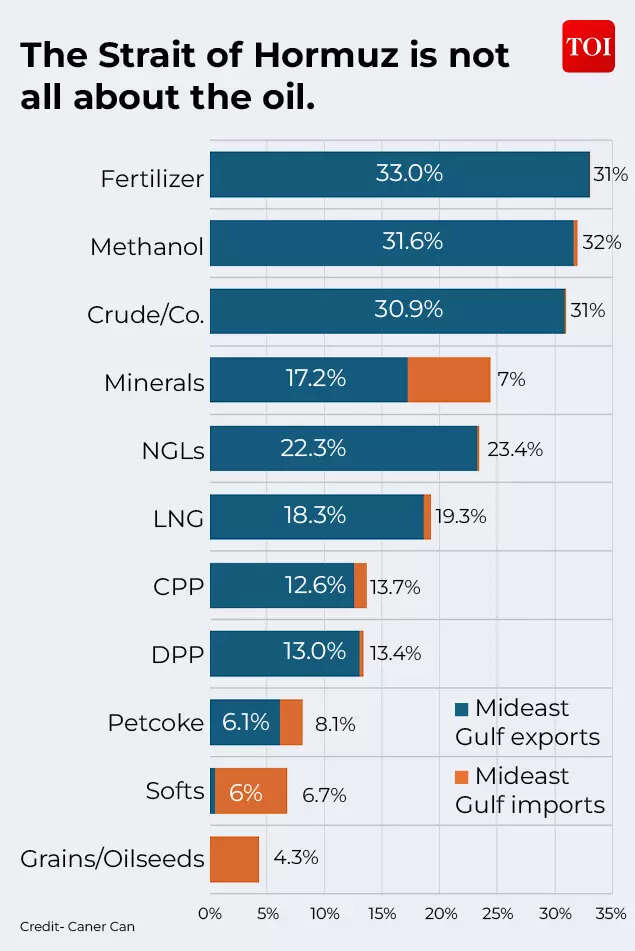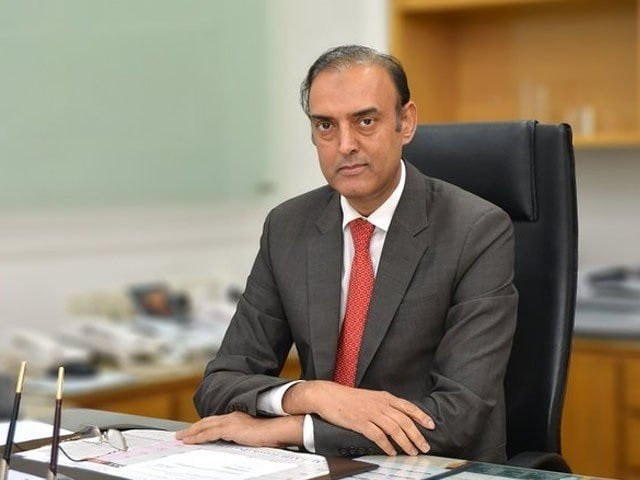Business
Frontier Airlines goes after struggling rival Spirit’s customers with 20 new routes

A Frontier Airlines plane near a Spirit Airlines plane at the Fort Lauderdale-Hollywood International Airport on May 16, 2022 in Fort Lauderdale, Florida.
Joe Raedle | Getty Images
Frontier Airlines is going after customers of Spirit Airlines, whose financial footing has gotten so shaky in recent weeks that it warned earlier this month it might not be able to survive another year without more cash.
Frontier on Tuesday announced 20 routes it plans to start this winter, many of them in major Spirit markets like its base at Fort Lauderdale International Airport in Florida. Frontier overlaps with Spirit on 35% of its capacity, more than any other airline, according to a Monday note from Deutsche Bank airline analyst Michael Linenberg.
Some of Frontier’s new routes from Fort Lauderdale include flights to Detroit, Houston, Chicago and Charlotte, North Carolina. It’s also rolling out routes from Houston to New Orleans; San Pedro Sula, Honduras; and Guatemala City.
Frontier had tried and failed to merge with its budget airline rival several times since 2022.
“I’m not here to talk about M&A,” Frontier CEO Barry Biffle said in an interview with CNBC on Tuesday when asked whether Frontier would buy Spirit. Biffle said he expects that Frontier would pick up the majority of Spirit’s market share if Spirit collapsed.
Both carriers have struggled from changing customer tastes for more upmarket seats and trips abroad, an oversupply of domestic capacity, and higher labor and other costs. Spirit’s situation has become more dire however, after it emerged from four months of bankruptcy protection in March facing many of the same problems.
Ultra-low-cost airlines are also challenged by larger rivals like United Airlines, American Airline and Delta Air Lines that have rolled out their own no-frills basic economy tickets but also offer customers bigger choices of destinations and other perks onboard like snacks and beverages.
Stock prices of rival airlines surged after Spirit’s warning earlier this month.
Biffle said the carrier wants to become the country’s largest budget airline and has rolled out loyalty matching programs to grab more customers. Frontier’s capacity was slightly smaller than Spirit’s in the second quarter, through the latter had slashed its flying by nearly 24% from a year earlier, while Frontier was down only 2%.
Spirit last week said it drew down the entire $275 million of its revolver and while it reached a two-year extension on its credit card processing agreement with U.S. Bank N.A., it agreed that it would hold back up to $3 million a day from the carrier.
The airline lost $245.8 million in the second quarter. Frontier lost $70 million.
Spirit has been looking for ways to slash costs, including furloughing and demoting hundreds more pilots and cutting unprofitable routes. Hundreds of flight attendants are on unpaid leaves of absence.
Spirit CEO Dave Davis said in an Aug. 12 staff memo after its “going concern” warning that “the team and I are confident that we can build a Spirit that will continue to provide consumers the unmatched value that they have come to expect for many years to come.”
The carrier reached a deal with bondholders who agreed to convert debt to equity in its Chapter 11 bankruptcy, but it didn’t cut other costs like renegotiating aircraft leases. Leasing firms have been reaching out to rivals in recent weeks to gauge whether competitors would take any of the Airbus planes that are in Spirit’s hands, according to people familiar with the matter, who asked to speak anonymously because the talks were private.
— CNBC’s Phil LeBeau contributed to this report.
Business
Aviva flags potential for Iran conflict to send claims costs rising

The boss of insurer Aviva has cautioned that a lengthy conflict in the Middle East could send the cost of vehicle parts and repairs surging in an echo of the aftermath seen after Russia’s invasion of Ukraine.
Chief executive Amanda Blanc said the group has seen limited claims so far relating to the US-Israel war with Iran, but flagged the potential for claims costs to jump if supply chains are badly disrupted for a long time.
She said: “We have a good case study on this in terms of the Ukraine situation back in 2022 and the impact on the supply chain, which had an inflationary impact on vehicle parts and replacement vehicles.
“Obviously, if this goes on for a prolonged period of time, we would expect that this could have some impact, but to speak about this from an Aviva perspective, we are very well placed to manage that with our supply chain and our owned garage network.”
Ms Blanc added: “We will take action as necessary to make sure we look after our customers and price accordingly for any new inflationary impact.”
She said there had been “very limited” travel claims so far.
Ms Blanc added: “We have had calls from customers asking about whether they should travel and those sorts of things, and we are pointing them to the Foreign Office guidance on that.”
Full-year results from Aviva on Thursday showed annual earnings leaped 25% higher, while the firm also announced it was resuming share buybacks as it continues to benefit from its £3.7 billion takeover of Direct Line.
The group unveiled an earnings haul of £2.2 billion for 2025, up from £1.8 billion in 2024, including a £174 million contribution from Direct Line, helping the group hit its financial targets a year early.
Aviva unveiled a £350 million share buyback after putting these on hold due to the Direct Line deal, which completed last year.
Ms Blanc cheered an “outstanding performance”.
She said: “We have transformed Aviva over the last five years and whilst we have made significant progress, there is so much more to come.”
Artificial intelligence (AI) is also a big area of focus for the firm, according to Ms Blanc.
“We have clear strengths in artificial intelligence which are creating major opportunities to transform claims, underwriting and customer experience,” she said.
Business
South East Water faces £22m fine for supply failures

The firm was unable to cope during high demand, Ofwat says, leading to “immense stress” for customers.
Source link
Business
Middle East heat may ripple across India’s energy supply chain, flags Goldman Sachs – The Times of India

As tensions continue to heat up in the Middle East, concerns are raising about disruptions to one of the world’s most critical energy shipping routes, the Strait of Hormuz. Any disruption could significantly affect major oil-importing countries such as India, as the narrow Strait of Hormuz is central to global energy trade. The strait sees almost 20 million barrels of oil passing through each day, or about a fifth of the world’s consumption, pass through the route. The waterway also carries roughly 19% of global liquefied natural gas (LNG) shipments, making it a crucial corridor for energy-importing economies.A recent report by Goldman Sachs has flagged early signs of stress in the region. The report warned that tanker traffic through the Strait of Hormuz has already begun showing signs of disruption, with shipping firms, oil producers and insurers adopting a cautious approach following reports of damaged vessels in nearby waters.According to the firm, financial markets have already begun factoring in the geopolitical risk. Oil prices currently carry an estimated risk premium of $18-per-barrel, reflecting the potential market impact if energy flows through the Strait of Hormuz were disrupted for about a month.

Even is the oil facilities are not directly damaged, a shutdown of the shipping route could expose a significant portion of global supply. The report estimates that in an event of full closure, about 16 million barrels per day of oil flows could be affected, despite the availability of some pipeline routes designed to bypass the strait.And the risks are not limited to crude oil shipments with almost 80 million tonnes of LNG exports annually, much of it from Qatar, moving through the passage. Any prolonged disruption could tighten gas supply globally and potentially drive European benchmark gas prices back to levels seen during the 2022 energy crisis.

Asian economies stand among the most exposed to such disruptions. Major importers such as China, India, Japan and South Korea depend heavily on oil and LNG shipments that transit through the strategic corridor.While global oil inventories and spare production capacity could help cushion short-term shocks, the report warned that sustained disruption to Gulf shipping routes could trigger sharp volatility in global energy markets and push prices higher across oil, gas and refined fuel products.Market participants and governments are closely watching tanker traffic in the Strait of Hormuz, along with diplomatic and military developments involving the United States, Iran and Gulf nations, to assess whether the current disruptions remain temporary or escalate into a broader energy supply shock.
-

 Politics1 week ago
Politics1 week agoWhat are Iran’s ballistic missile capabilities?
-

 Business6 days ago
Business6 days agoIndia Us Trade Deal: Fresh look at India-US trade deal? May be ‘rebalanced’ if circumstances change, says Piyush Goyal – The Times of India
-

 Business7 days ago
Business7 days agoAttock Cement’s acquisition approved | The Express Tribune
-

 Business1 week ago
Business1 week agoHouseholds set for lower energy bills amid price cap shake-up
-

 Politics1 week ago
Politics1 week agoUS arrests ex-Air Force pilot for ‘training’ Chinese military
-

 Fashion7 days ago
Fashion7 days agoPolicy easing drives Argentina’s garment import surge in 2025
-

 Sports6 days ago
Sports6 days agoLPGA legend shares her feelings about US women’s Olympic wins: ‘Gets me really emotional’
-

 Fashion6 days ago
Fashion6 days agoTexwin Spinning showcasing premium cotton yarn range at VIATT 2026











